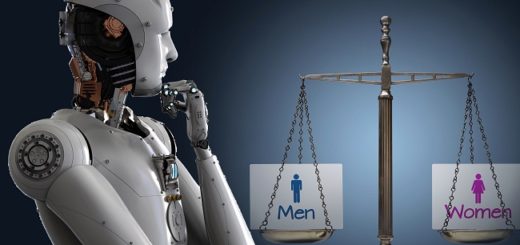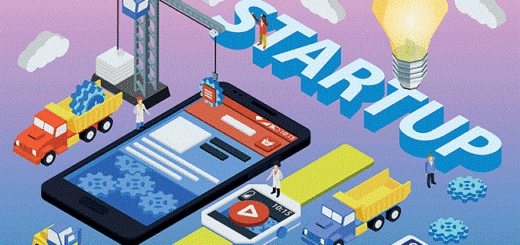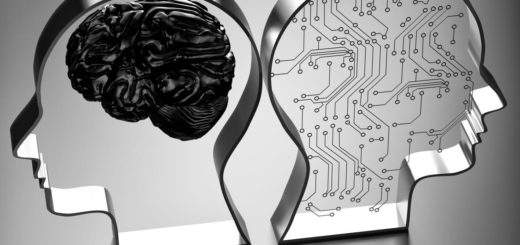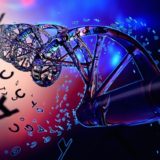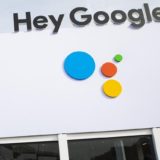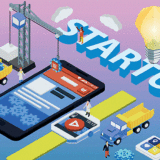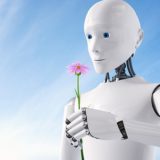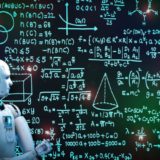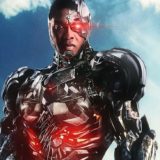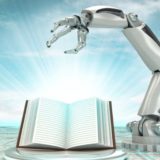What do you need to do to prevent AI replace humans?
by Ready For AI · Published · Updated
More and more facts prove that AI replace humans is not nonsense, which also warns us that we should do something to prevent this from happening.
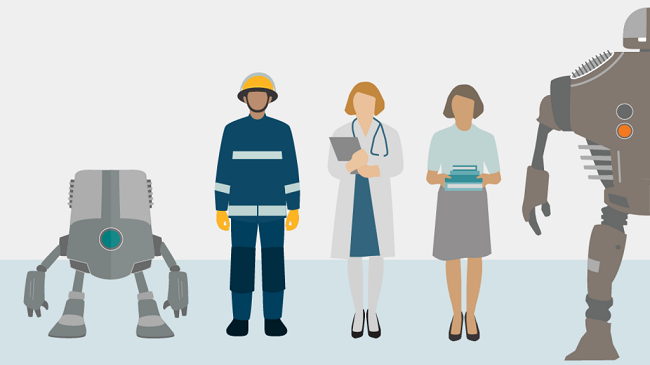
AI will change many professions
Self-driving technology will replace human drivers in the future, but impact of artificial intelligence does not stop there. Traditional work based on knowledge and rules will be replaced by AI. The author recently saw an introduction to a project that uses AI for architectural planning and design to significantly reduce the time required by architects in the past, thereby reducing the number of social needs for this profession.
AI affects many fields and professionals. Professionals here are professional groups with specific knowledge and rules, such as teachers, doctors, lawyers, accountants, auditors, architects, tour guides, consultants, news editors, etc.
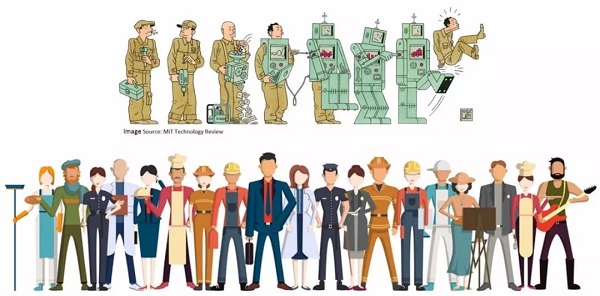
Although AI and robots bring anxiety to humans, when any industry is replaced, it will be accompanied by a new upgraded version of the work. How to find new jobs is the most important. Humans need to embrace new opportunities, but only if they need certain skills.
The gap between current and future professional skills is gradually expanding, and everyone becomes an apprentice in the face of ever-changing societies. Robotics and automation are more adapted to this era and have gradually replaced humans in certain areas. The knowledge and skills imparted to us by traditional education are no longer sufficient for the job.
Humans need to upgrade to live with AI
After the industrial age and the information age, we will usher in a new conceptual era. The main characters are creators and empathy. Their characteristics are good at right brain thinking. The most important change in the concept era is not in the office, but in the depths of our hearts and souls. In this era, meaning will become a new asset. The material prosperity has given the space for the right brain to play, and people’s attention has shifted from everyday life to a broader and deeper level of meaning. Work based on knowledge and rules will be replaced by AI, while the cognition, emotion, and creativity contained in the right brain will defeat AI. We must jump to “creator” to produce ideas rather than produce products to be able to coexist with future AI.
The 2015 World Economic Forum summed up the 10 skills that humans need to face the future, namely the ability to solve complex problems, critical thinking, creativity, personnel management, synergy, emotional intelligence, judgment and determination, service direction, negotiation ability. Cognitive flexibility. These skills are basically the ability of the right brain.
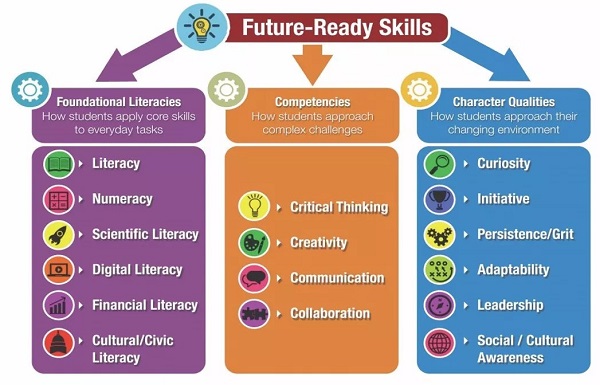
At the same time, the World Economic Forum also divides the capabilities that humans need in the future into three categories. The first category is basic literacy, including writing, mathematics, science, digital, economics, culture, etc.; the second category is competence, including critical thinking ability, creativity, communication ability, and cooperation ability; the third category is character, mainly including curiosity. Heart, initiative, perseverance, adaptability, leadership, social and cultural perception. This shows that humans need to “upgrade” in at least some aspects in order to better adapt to coexistence with AI.
Ability not to be replaced by AI
In his book “A Whole New Mind”, Daniel H. Pink said that future professional accomplishment and satisfaction will increasingly depend on six essential skills: Design, Story, Symphony, Empathy, Play, and Meaning. This is also the ability of the right brain thinking to bring to everyone, not to be replaced by artificial intelligence. I generally agree with Daniel H. Pink’s point of view, and talk about my own understanding here.
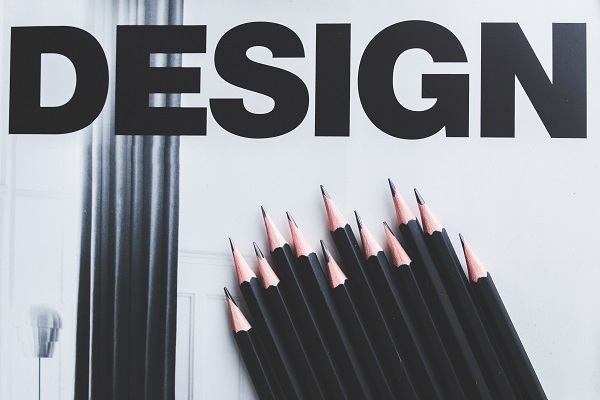
All science and technology must require a wide range of adaptability, otherwise it is difficult to popularize, which also determines that it is difficult to have diversity in meeting the universal needs of human beings. So the popularity of design has changed the logic of business competition. The focus of competition in social development is not only on function and price, but on things that are difficult to describe in words: creativity, aesthetics and emotional satisfaction. Human nature is naturally focused on the pursuit of individualized things, which also determines that the goods produced by automation are difficult to meet the requirements. Therefore, for everyone, no matter what career they are engaged in, they must cultivate an artistic sense. Choosing to connect with our emotional designs, the ability to cultivate this choice, and the things around us that are full of satisfaction and able to connect with our emotions will make our lives more meaningful.
As human beings, we are born with the ability to have imagination and tell stories. According to Yuval Noah Harari, the group of Homo sapiens relies on “telling stories” to form communities, groups, and even later cities and countries. After all, this is also related to the way our brain processes information. Most of our experiences, knowledge, and ideas are organized in a story. Similarly, the story is also an effective way for humans to establish a strong connection between the real world and the nihilistic world. Obviously, computers cannot do such work.
We need to have the ability to link trivial things together and discover the connections that focus on synthesis rather than on analysis. Find out the connections between seemingly unrelated areas, find broader patterns rather than drawing concrete answers, and discover new ones by combining elements that are easily overlooked. Humans have strong observational capabilities, especially those with insights, as “To see a world in a grain of sand, And a heaven in a wild flower.” AI can never be done like humans. Everyone has a world that they see and recognize.

The ability to identify and understand other people’s situations and feelings is an instinctive reaction that can be produced without careful consideration. People’s emotions are rarely expressed in words, usually expressed by behavior or suggestion, that is, the way emotions are expressed is non-verbal. The current AI can understand the meaning of the language to the greatest extent, but still can not understand the complex emotions of human beings, including providing emotional-based feedback to the communication objects. Of course, AI can’t have a sense of humor. Humor usually contains contradictory situations or nature. It is one of the highest forms of human intelligence. It embodies adapting to the environment, looking at the whole picture and combining different ideas to form a new one. The ability to understand.
Personally, the ultimate goal of mankind is not just to get happiness or to avoid hurt, but to find the meaning of life. In different fields, people are increasingly recognizing that spirituality—not specifically referring to religion, but to a greater extent the meaning and purpose of life—is an essential part of human survival.
Conclusion
Our education should be adjusted to accommodate the development of this AI technology, especially in the development of interdisciplinary and creative talents. We should always remind ourselves that the emergence of AI is a kind of progress for human beings, and it is also a potential threat. How to make human and AI cooperate more perfectly. This is a problem that everyone must face. I have always believed that AI technology should be to assist human work, not to completely replace human beings.


